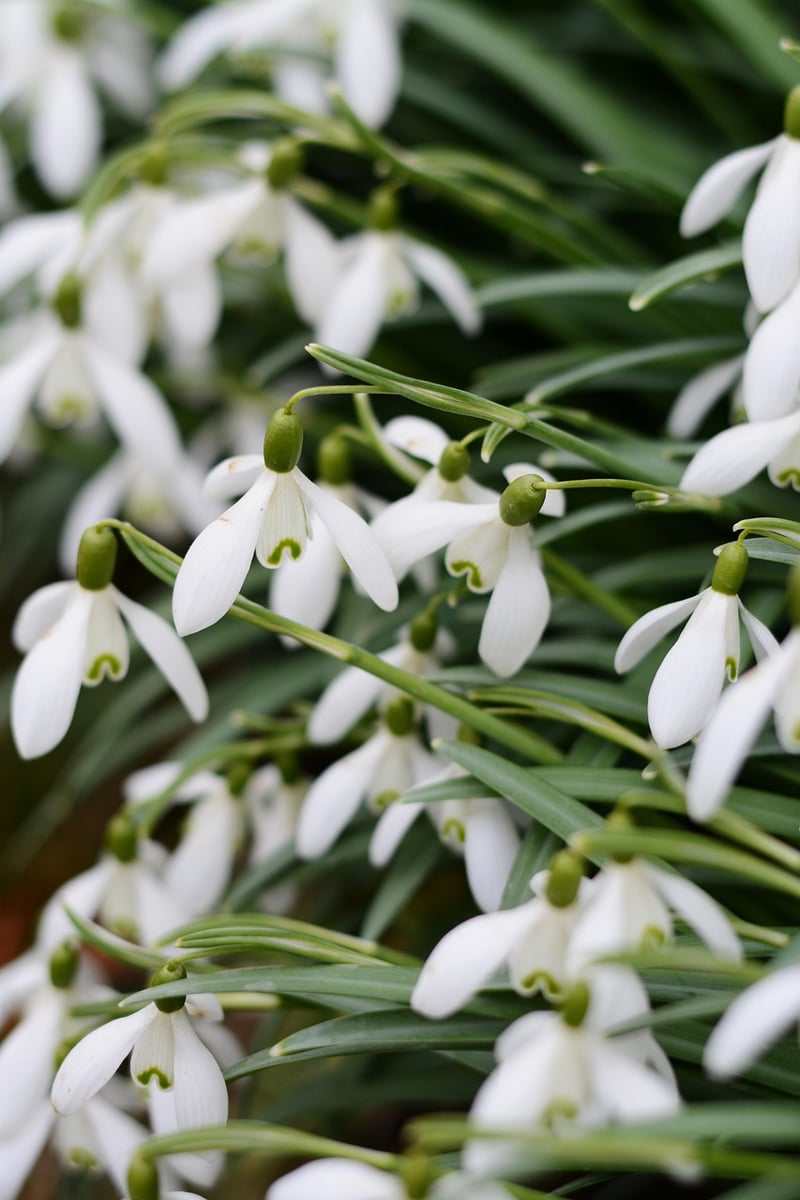Sunlight Requirements
Keeping Your Vertical Garden Healthy and Thriving
Sunlight Requirements for Vertical Gardens
Vertical gardens are a beautiful way to bring greenery into limited spaces, but ensuring your vertical garden gets the right amount of sunlight is crucial for its health and growth. Here's a guide to help you understand the sunlight requirements for your vertical garden.
1. Assess Your Location
Before setting up your vertical garden, take note of the available sunlight in the area. Different plants have varying sunlight needs, so choose plants that are suitable for the amount of sunlight your location receives.
2. Sun Exposure
Most plants require at least 6 hours of sunlight per day to thrive. When planning your vertical garden, consider the direction your wall faces and how much direct sunlight it receives. South-facing walls typically receive the most sunlight, while north-facing walls get the least.
3. Shade-Loving Plants
If your vertical garden is in a shaded area, opt for plants that thrive in low light conditions. Some examples of shade-loving plants include ferns, ivy, and peace lilies.
4. Sun-Loving Plants
For vertical gardens in sunny spots, choose plants that love sunlight. Succulents, herbs like basil and rosemary, and flowering plants such as petunias and marigolds do well in full sun.
5. Monitor Sunlight Changes
As the seasons change, the amount of sunlight your vertical garden receives may vary. Be observant and adjust the placement of your plants or consider installing shade cloth if needed to protect them from harsh sunlight.
6. Watering Considerations
Plants in vertical gardens may dry out faster than those in traditional gardens due to increased exposure to sunlight and wind. Ensure you water your vertical garden regularly, especially during hot weather, to keep the plants hydrated.
By understanding the sunlight requirements of your vertical garden and choosing the right plants, you can create a thriving green oasis in even the smallest of spaces.

Remember, a healthy vertical garden not only adds beauty to your surroundings but also improves air quality and overall well-being.
Happy gardening!
